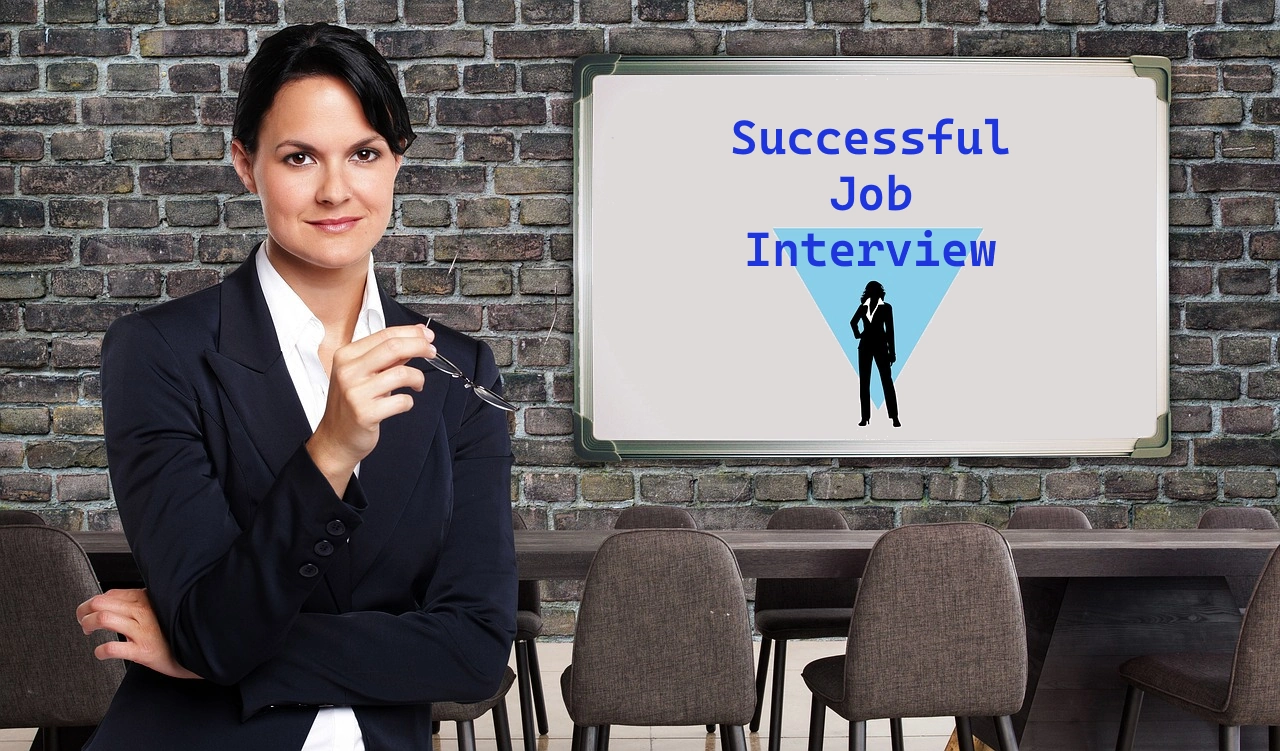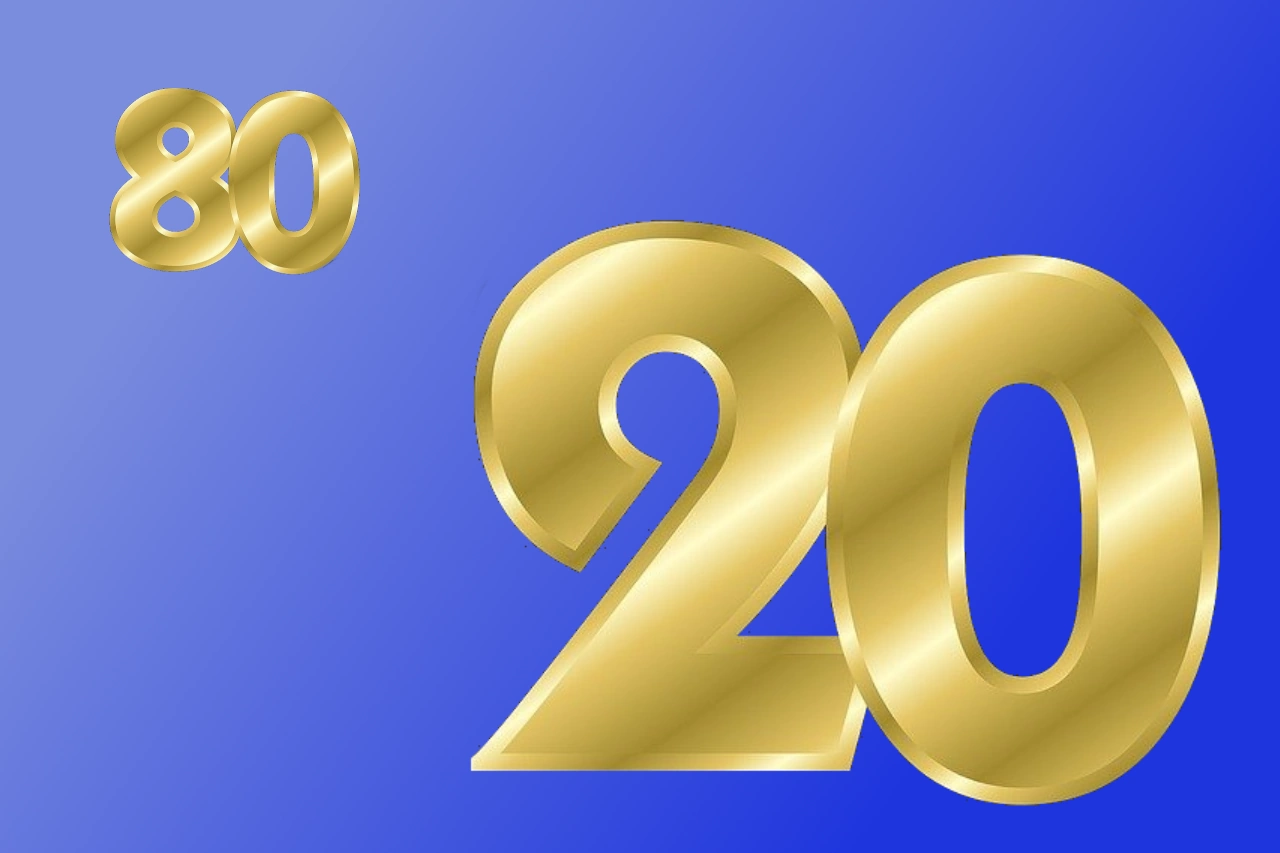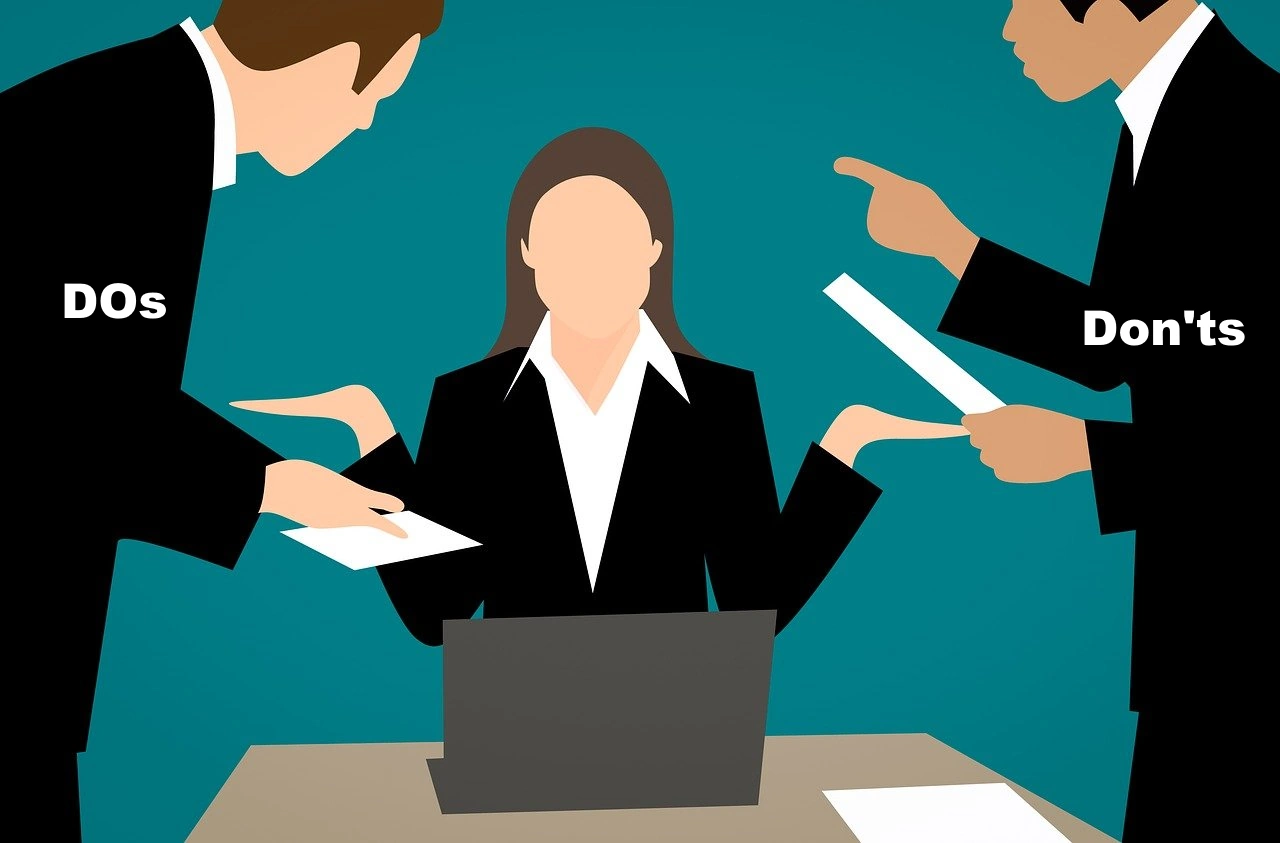Let’s imagine that I have to get ready for a job interview tomorrow. What does my job interview preparation look like?
I will have taken the time to research the company and the role as practice answering some common questions and scenarios. Additionally, I’ve made sure to update my resume and portfolio. I’ve carefully selected an outfit. I’m feeling confident. Thrilled about this opportunity, I aim to leave an impression on the interviewer.
When I start my job interview preparation, I prioritize making an impression. Here’s how I get myself ready for an interview.

How to have a successful job interview preparation?
First and foremost I take the time to research the company and the role thoroughly. This involves going through their website checking out their social media presence and keeping up with news articles to gain insights into their mission, values, and accomplishments. I also carefully review the job description and make a connection between my skills and experiences and what they’re looking for.
To excel in my interview, I practice anticipated questions that employers usually ask. I refer to resources or seek guidance from books to find common interview queries like “Tell me about yourself” or “What are your strengths and weaknesses?”. Taking notes on my responses and practicing them aloud with a trusted friend or family member to receive feedback helps me refine my answers.
Dressing appropriately. Professionally is vital. In order to align with the company culture and the specific position I’m applying for I select an outfit that reflects that. It’s vital for me to avoid anything flashy or revealing. Additionally, personal grooming is essential—I make sure to present myself in a tidy manner.
I plan ahead by arriving at least 15 minutes prior to the scheduled time to ensure a stress-free experience. This allows me to avoid any traffic or parking-related challenges that could disrupt my punctuality. Additionally, I make sure to have all the documents, with me for reference.
I bring along my resume, a list of references, and any additional documents that the employer may require, like a portfolio or a certificate.
I approach the interviewer with confidence and politeness to make a good impression. I greet them warmly with a smile and a firm handshake. Throughout our conversation, I maintain eye contact and mirror their body language. I actively respond to their questions in a concise manner and show my interest and enthusiasm by asking questions about the job and the company.
What is the 20% rule of interviewing?
The guideline known as the “20% rule” in interviews suggests that candidates should limit their speaking time to no more than 20% of the interview duration. The rationale behind this is that by listening, candidates can gain insights into the company, the role they are applying for, and the expectations of the interviewer.
Additionally, by asking thought-provoking questions and displaying interest, candidates can showcase their communication skills, curiosity, and suitability for the position.
Adhering to the 20% rule can also help candidates avoid going off-topic or providing information that may negatively impact their chances of securing the job.
“Research the company and the role, practice anticipated questions, dress appropriately, arrive early, and make a good impression through confident and polite behavior.”
What are the top 3 dos and 3 don’ts for a successful interview?
Your job interview preparation presents an opportunity to demonstrate your skills and personal qualities to an employer. However, there are errors that can jeopardize your chances of being hired.
When I get ready, for an interview I always keep in mind three things I should do.
- To make an impression, it’s important to research the company and the role beforehand so that I can show my interest and knowledge.
- Dressing professionally and appropriately is another step that conveys respect and confidence. Your appearance will leave a positive or negative impression on the interviewer, s dress appropriately based on the company culture and the specific role you are applying for. Avoid wearing anything ostentatious or revealing.
- Asking thoughtful questions during the interview helps demonstrate curiosity and enthusiasm. Neglecting to ask questions or follow up after an interview may give off an impression of disinterest or passivity.
Although it should go without saying, here are three things I remember to avoid.
- Being late or unprepared is a no-no as it could ruin my chances of getting hired. it conveys a lack of respect and professionalism. Always plan in advance consider traffic conditions and conduct research, on the company and the position before the interview.
- Avoid dishonesty or exaggeration at all costs as it damages credibility and trustworthiness. Be truthful and realistic regarding your qualifications, experience, and accomplishments. Emphasize your strengths without overselling yourself.
- Never be rude or arrogant because it would make me appear unprofessional and unpleasant. This behavior can instantly put off the interviewer, making you appear unlikeable or unsuitable for the team. Be polite, respectful, and modest throughout the interview process. Express gratitude to the interviewer for their time. Demonstrate interest in both the company and the job opportunity.
One final note: make sure to send a thank you note or email within 24 hours of the interview expressing your appreciation and reaffirming your interest and excitement for the job opportunity.
What is the STAR method in interviews?
The STAR method is an acronym that stands for Situation, Task, Action, and Result. It’s a technique for responding to questions during interviews. The idea is to share a situation where you faced a difficulty or solved a problem, to outline the task or objective you had to complete, to describe the steps you took to get over the hurdle or accomplish the aim, and to emphasize the result or impact of my actions.
For example, suppose you applied for a customer service position at a bank and one of the interview questions focused on how you dealt with a frustrated customer.
- Situation; A customer visited our branch and expressed his dissatisfaction regarding a fee he was charged for overdrawing his account. He claimed that he never received any notification or warning about this fee.
- Task; Your responsibility was to calm the customer down while effectively explaining our fee policy to him. Additionally, it was crucial for you to ensure his loyalty and satisfaction with our bank.
- Action; To handle this situation you must to the customer’s concerns and acknowledged his frustration. After empathizing with him, sincerely apologized for any inconvenience caused and reassured him that you would thoroughly investigate the matter. |
Upon reviewing his account history, it became evident that he had previously opted out of receiving email alerts regarding his balance. With patience, explain this to him and show how he could modify his settings to receive future notifications. As a gesture of goodwill and appreciation for being a valued customer, offer to waive the fee as a one-time courtesy.
- Result; The explanation and resolution left the customer feeling contented and satisfied.
This article provides tips and guidelines for preparing for a successful job interview preparation. It emphasizes the importance of researching the company and the role, practicing anticipated questions, dressing appropriately, arriving early, and making a good impression through confident and polite behavior. It also mentions the “20% rule” of limiting speaking time during the interview and provides three dos and don’ts for a successful interview. Additionally, it explains the STAR method, which is a technique for responding to interview questions by sharing a situation, task, action, and result.
Resources
13 Essential Tips for a Completing a Successful Interview
The 80/20 Rule as applied to Interviewing
Do’s and Don’ts of Job Interviews
The STAR Method: The Secret to Acing Your Next Job Interview
If you’re looking for expert guidance to advance in your professional goals, I can help. Book a consultation with me, and I can share the best advice to help you reach your full potential. Make sure you download your free career vision guide.
Download my FREE Career Vision Guide to Get Started.






0 Comments